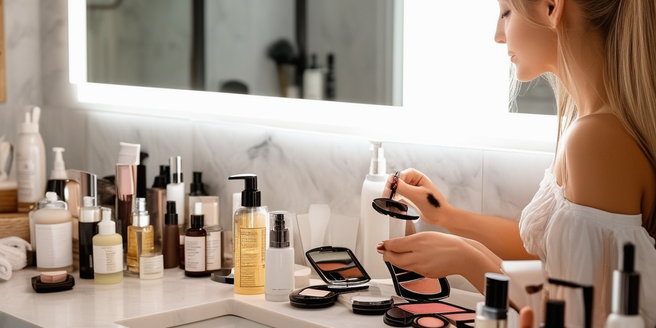
What is Free Product Testing?
Free product testing is a practice where companies provide their products to consumers at no charge in exchange for honest feedback and reviews. This approach allows companies to gather valuable insights into their products’ performance, usability, and appeal before launching them to the broader market. Participants often receive prototypes or pre-release versions of products, which can range from technology gadgets and household items to beauty products and more. By engaging in free product testing, consumers get the opportunity to try out new products ahead of the general public while providing companies with crucial data to refine and improve their offerings.
How to Qualify for Free Product Testing Programs
To qualify for free product testing programs, individuals typically need to meet specific criteria set by the companies or testing platforms. This may include demographic information, consumer habits, and interests relevant to the product being tested. Interested participants often need to sign up on product testing websites or join consumer panels. Completing detailed profiles and being active in engaging with surveys, reviews, and other promotional activities can increase the chances of being selected. Moreover, maintaining an online presence on social media and having a track record of providing detailed, honest feedback can also boost one’s eligibility for such programs.
Top Companies Offering Free Product Testing
Several reputable companies offer free product testing opportunities to consumers eager to try new products and provide feedback. These programs not only benefit the companies by providing valuable insights, but they also allow consumers to experience and review the latest items. Notable examples include Amazon Vine, Philips Product Testing, Influenster, and Toluna. Amazon Vine is an exclusive invitation-only program where top reviewers get access to new products. Philips invites users to join their community to test and review new gadgets and household products. Influenster allows members to receive VoxBoxes filled with products based on their interests and activity levels. Lastly, Toluna offers a diverse range of products available for testing in exchange for detailed surveys.
Tips for Getting Selected as a Product Tester
If you’re eager to become a product tester, there are several strategies to improve your chances of being selected. Firstly, create a compelling and detailed profile on product testing websites, highlighting your interests and expertise. Active participation in community discussions and providing comprehensive, honest feedback on previous products can make you stand out. Networking with other testers can also help you learn about new opportunities. Additionally, expanding your online presence through social media platforms to share your reviews can catch the attention of companies. Following and engaging with brands on social media channels may also increase your chances of receiving invitations to test new products.
Benefits of Participating in Product Testing
Participating in product testing offers various benefits to consumers, primarily the opportunity to try new and innovative products for free. It allows individuals to have a direct influence on product development by providing valuable feedback to manufacturers. Additionally, testers often get to keep the products they evaluate, which can be an added bonus. Not to mention, it can be a fun and engaging experience. Product testers also gain insights into emerging trends and technologies, staying ahead of the curve. Furthermore, active involvement in testing programs can lead to networking opportunities within the consumer research community, expanding one’s personal and professional connections.
Potential Drawbacks and Ethical Considerations
While free product testing can be exciting, it’s essential to consider potential drawbacks and ethical implications. Testers may receive products that are not yet fully developed, leading to possible malfunctions or health risks. Participants must be honest in their feedback, avoiding biased reviews influenced by the free nature of the products. Furthermore, testers should be aware that companies might use their feedback for marketing purposes. Additionally, it’s crucial to respect confidentiality agreements, as sharing proprietary information about pre-release products can lead to legal issues. Ethical considerations also include being transparent about receiving free products when sharing reviews publicly to maintain credibility and trust within the consumer community.
